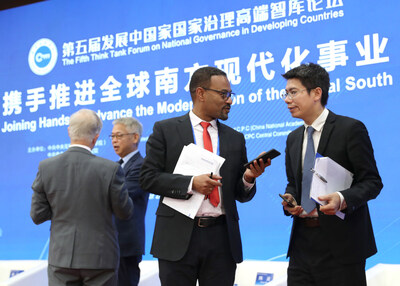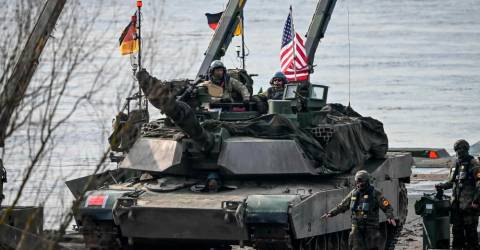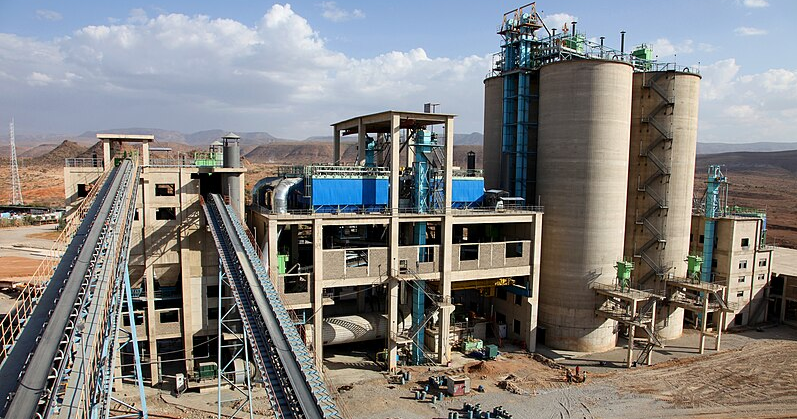






The geopolitical dynamics of 2024 are marked by significant shifts, with the ongoing Russia-Ukraine war and tensions in the South China Sea contributing to a climate of global uncertainty. In this context, China's role in fostering stability and promoting high-quality development has become increasingly prominent. China's growing influence in the Global South signifies a notable shift in global power dynamics, challenging the traditional unipolar dominance of the United States [0b5a0744].
As the Global South seeks economic independence and solidarity, the impact of sanctions on China has disproportionately affected these nations, highlighting the need for a unified approach among developing countries. The current geopolitical landscape underscores the importance of cooperation within the Global South to navigate the challenges posed by protectionism and the remnants of colonial economic structures [0b5a0744].
Recent analysis emphasizes that BRICS is emerging as a formidable challenge to Western institutions, with China's leadership within this coalition promoting alternatives to established Western frameworks. The New Development Bank, established by BRICS, supports sustainable development initiatives without imposing stringent conditions, reflecting a shift towards more equitable economic partnerships [fbc8d778].
This evolving narrative is further supported by Jomo Kwame Sundaram, who notes that the first Cold War led to economic growth in the Global North, while the current climate, exacerbated by the 2008 global financial crisis, has left developing economies vulnerable. The US Federal Reserve's interest rate hikes since early 2022 have triggered capital flight from these economies, destabilizing their financial systems [73fa1e71].
In a recent forum in Beijing, experts discussed the potential of China's modernization as a model for the Global South. Erik Solheim, former UN under-secretary-general, emphasized that China's rise from poverty to prosperity represents a global development miracle, citing infrastructure projects like the Padma Multipurpose Bridge in Bangladesh as examples of beneficial investments [c659c425].
The new Cold War has intensified the challenges faced by developing countries, making it imperative for them to cooperate in order to achieve world peace and sustainable development. IMF's Gita Gopinath has suggested that developing nations should avoid aligning themselves in this geopolitical struggle, indicating a need for a new form of non-alignment that prioritizes sustainable development and peace [73fa1e71].
As the geopolitical landscape continues to evolve, the strategic position of the African and Middle Eastern Diaspora could emerge as a significant force against the Global North's dominance. The future of the Global South will depend on how these nations interpret and respond to the ongoing deceit and manipulation from the Global North [9aa99312].
Ultimately, the Global South's reemergence as a force in international relations presents both challenges and opportunities. Advocating for reforms in global governance, debt cancellation, and democratization of institutions like the IMF, the Global South seeks to reshape the international economic order to create a more just and equitable world [48ac1aaa]. Tamas Hajba concluded that modernization is essential for global stability, and Endalkachew Sime described the South as a source of light rather than poverty [c659c425].
China's commitment to green development and climate diplomacy further emphasizes its role in addressing global challenges, contrasting sharply with the actions of the US in the UN Security Council. At the 16th BRICS Summit in Kazan, Xi Jinping reiterated the importance of cooperation among Global South countries to tackle these pressing issues [1f344545].